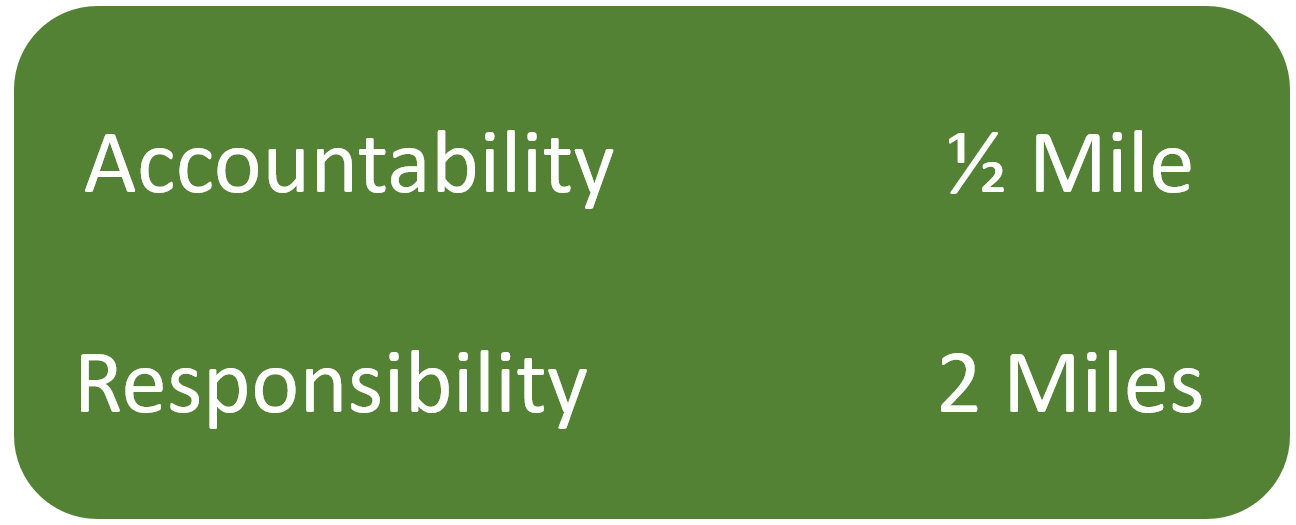One of the biggest mistakes that you can make as a leader is to make someone responsible for getting something done. If you spend any time at all reading about management and leadership you will eventually come across the sentiment “if everyone is responsible, then no one is responsible.” The inference we are supposed to draw is that when everyone is responsible for the same task, then everyone will believe that someone else will handle it and the task will never get done. Therefore, we should just make one person responsible. The problem is, being responsible doesn’t always get the job done.
Accountability vs Responsibility
We tend to equate responsibility with accountability and these are two, very-different words. Responsibility is our ability to give a response, to act. Implicit in this is a sense of timeliness. If your response comes late, you aren’t being responsible.
For example, if I threw a ball at you and you don’t attempt to catch it until it hits you, or passes you, you failed to respond or were irresponsible. You have to attempt to catch the ball at the right time to be responsible. Of course, if you react in a timely fashion but you don’t know how to catch a ball, then your response would be ineffective.
In order to catch the ball, you need to know-how. Someone has to teach you the correct procedure for catching. Once you know how to catch a ball, you can then be held accountable to catch it. Accountability is your ability to account for something. Account comes from the Latin, computare, to calculate (as in the root word for computer). In order to properly calculate anything, you need to follow a set procedure. Therefore, accountability is the ability to follow a set procedure.
So, if you respond to the tossed ball by raising your hands but fail to catch it, you responded in a timely fashion, you were responsible but need to be held to account, that is to explain why your attempt failed. Conversely, if you attempted to catch the ball with the correct catching technique, but you didn’t do it until after the ball passed you, you were accountable but irresponsible.
Don’t Get Hit in the Face
As you can see, if you hold someone responsible without making them accountable, you’re setting them up to be hit in the face with the ball. This is why it is so important to provide great, syllabus-based training before you make someone responsible. The training should include testing to make sure they know how to execute the procedure. In addition to the benefits I outlined in my post, Targeted Employee Training, you will realize these amazing benefits.
- Team members will feel more secure in their jobs. If you want your team to be high performing, they have to feel secure in their jobs. When you invest the time to properly train someone it increases their sense of security.
- Increased sense of value. In addition to the sense of security, team members will recognize that you have invested your two most valuable resources in them, time and money. This adds to their esteem and triggers a reciprocity response by increasing their desire to pay you back by performing well for you.
- You will have a valuable tool for counseling someone if something goes wrong. When we understand the difference between accountability and responsibility, we can figure out what went wrong and how to prevent it from happening again. Did they act in a timely fashion, i.e. were they responsible? If not, why? Were they overworked, were they aware, did they fail to see the requirement for a more-timely response? Did they respond quickly but failed to follow the correct procedure, i.e. were they accountable? Once again, if this is the case, why? Was the training adequate, did your procedures fail to anticipate that situation, or did they simply decide to take a short cut?
In short, if you want to set your team up for success, don’t make the responsible without first making them accountable.










